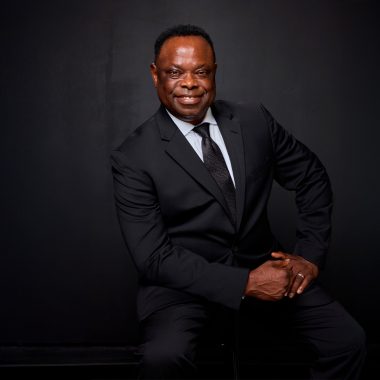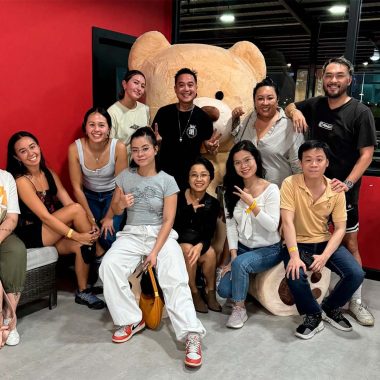Restaurant kitchens across America are juggling more than just food orders, they’re juggling screens. Step behind the counter at almost any spot offering delivery, and you’ll likely find a chaotic lineup of tablets, each tied to a different delivery app. It’s inefficient, messy, and easy to get wrong. Thibault Le Conte saw this problem firsthand five years ago and knew there had to be a better way. That insight led to the creation of OrderOut, a solution built to bring order to the chaos and help restaurants focus on what they do best: serving great food.
Spotting Market Gaps Through Conversations
Thibault Le Conte’s journey to founding OrderOut began with a few casual conversations. Two friends who had worked with him previously had joined Uber and mentioned they were building something new. “They told me, ‘Oh, we’re working on this new thing, it’s called Uber Eats.’ I said, ‘What is that?’” he recalls. At the time, food delivery wasn’t yet mainstream. The idea was just beginning to take shape. Later, after moving to Miami, Thibault started noticing something unusual about the delivery landscape. Unlike ride-sharing, where Uber quickly took the lead, food delivery was heading in a different direction. “I realized early on that the market was going to be fragmented,” he explains. That fragmentation created a big problem for restaurants.
Instead of working with one platform, restaurants had to juggle several. “Every restaurant would have not one, but two, three, maybe five different iPads,” Thibault remembers. Each tablet was tied to a different delivery service, and none of them connected to the restaurant’s internal systems. Staff were forced to manually transfer orders, which often led to delays and mistakes. It was a recipe for frustration, and the spark for a better solution.
Solving Chaos With Startup Grit
With 13 years in technology and a computer science background, Thibault had experience launching companies with minimal resources. “I always launched companies from scratch, and I’ve been in technology. I’ve been very good at being able to launch a business with very few resources and making sure that the initial product is working,” he says. This bootstrapping mentality proved essential for OrderOut. The technical challenges were significant. When Thibault started OrderOut, delivery platforms operated as closed systems. “All the platforms didn’t have an open system to have companies integrate with them,” he explains. COVID changed this dynamic as platforms recognized the value of third-party integrations, but early development required creative workarounds.
Integrating delivery platforms was just half the puzzle. The bigger challenge involved connecting with restaurant point-of-sale systems. “You have around 2,000 point of sale systems in America and Canada. So, I need to integrate with each of them if I want to work with any restaurant, which is not realistic,” he acknowledges. This fragmentation continues to shape OrderOut’s strategy. Some point-of-sale companies embrace integrations because they improve the restaurant experience. Others demand significant fees, creating challenges for a bootstrapped operation. “Some of them want a lot of money to integrate with. So, it’s more complicated when you have a bootstrap business,” he notes.
Scaling Smartly With Practical AI
While many companies struggle to find practical AI applications, Thibault has seen clear results in specific areas. Customer service and onboarding proved ideal starting points. “We have been able to reduce our team. We didn’t replace people that we let go or left. So we just kept existing people, put more AI tools and agents in place,” he explains. The approach focuses on practical automation rather than flashy features. When team members leave, he evaluates their responsibilities to see what can be automated. “Let’s say there are five tasks. Out of these five, three of them can be completely replaced with something related to automation or AI,” he describes. This has allowed OrderOut to increase capacity without growing headcount proportionally.
Success requires balancing innovation with execution discipline. Thibault emphasizes the importance of finishing projects before starting new ones. “If every week you are coming up with a new idea and you never finish the one from before, it will never work and your competitors will always be better than you,” he warns. Before committing significant development resources, OrderOut tests concepts using existing automation tools. “What can you do these days with all the tools that you have to be able to prove it for you in a few days or in a few hours,” he suggests. This rapid prototyping approach helps validate ideas before building custom solutions. Through OrderOut, he continues simplifying restaurant operations while the delivery market evolves around emerging technologies and changing consumer expectations.
Follow Thibault Le Conte on LinkedIn to see how he’s using real-world AI to solve the mess behind food delivery.








